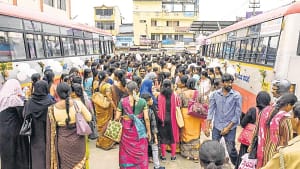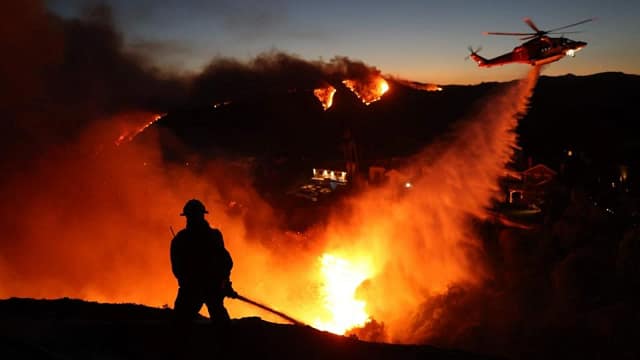In a move that has sent ripples across Europe, Slovakia PM Robert Fico made an unexpected visit to Moscow for talks with Russian President Vladimir Putin, becoming one of the few Western leaders to engage with the Kremlin since Russia’s invasion of Ukraine. The meeting, held at the Kremlin, underscores Fico’s critical stance on EU support for Kyiv and raises questions about Slovakia’s diplomatic direction.
Focus on Russian Gas Supplies
Slovakia PM Robert Fico primary agenda revolved around securing Slovakia’s energy needs. The country’s reliance on Russian gas has heightened concerns as a key transit agreement with Gazprom is set to expire at the end of 2024. Slovakia’s energy sector is heavily dependent on Russian supplies, and disruptions could severely impact the nation’s economy.
Fico confirmed that top European Union officials were informed of his visit ahead of time. “Top EU officials were informed about my journey and its purpose… on Friday,” Fico stated on Facebook, attempting to pre-empt potential backlash.
Opposition and Regional Discontent
However, Fico’s Moscow trip has sparked criticism at home and among Slovakia’s EU and NATO allies. In Bratislava, opposition leader Michal Simecka of Progressive Slovakia condemned the visit, calling it “a disgrace for Slovakia and a betrayal of national interests.” Simecka argued that Fico’s engagement with Putin provides Moscow with propaganda leverage, undermining Western unity.
The Czech Republic also voiced disapproval. Czech Foreign Minister Jan Lipavsky remarked that his government had successfully reduced energy dependence on Russia. Lipavsky highlighted the ongoing hardships faced by Ukrainians amid Russia’s continued aggression, reinforcing the need for EU solidarity with Kyiv.
Strategic Diplomacy or Political Gamble?
Fico’s visit coincides with increasing friction over Ukraine’s resistance to allowing Russian gas transit through its territory. In recent discussions with EU leaders, Ukrainian President Volodymyr Zelensky reaffirmed Kyiv’s opposition to such arrangements, prompting Slovakia to seek alternatives.
During his Moscow visit, Fico revealed that he and Putin had an extensive dialogue about the ongoing war in Ukraine. “We exchanged views on the military situation in Ukraine and discussed possibilities for an early, peaceful resolution,” Fico noted, signaling a potential diplomatic divergence from mainstream EU policy.
Broader European Landscape
The visit came as EU leaders from Italy, Sweden, Greece, and Finland convened for a security summit addressing the evolving Russian threat. Finnish Prime Minister Petteri Orpo underscored the enduring risks posed by Moscow, urging for increased defense investments and unwavering support for Ukraine.
Fico’s alignment with Hungary on maintaining Russian gas imports adds another layer to the geopolitical dynamic. Both nations remain critical of the EU’s military aid to Ukraine, prioritizing economic stability over aggressive sanction policies.
Future Implications
As Slovakia navigates this complex geopolitical landscape, Fico’s outreach to Russia may shape the nation’s future relations within the EU. While emphasizing his intent to be a “good, friendly neighbor” to Ukraine, Fico’s actions suggest a delicate balancing act between domestic economic imperatives and broader EU security concerns.
This news report is curated with insights from multiple reliable news sources.












